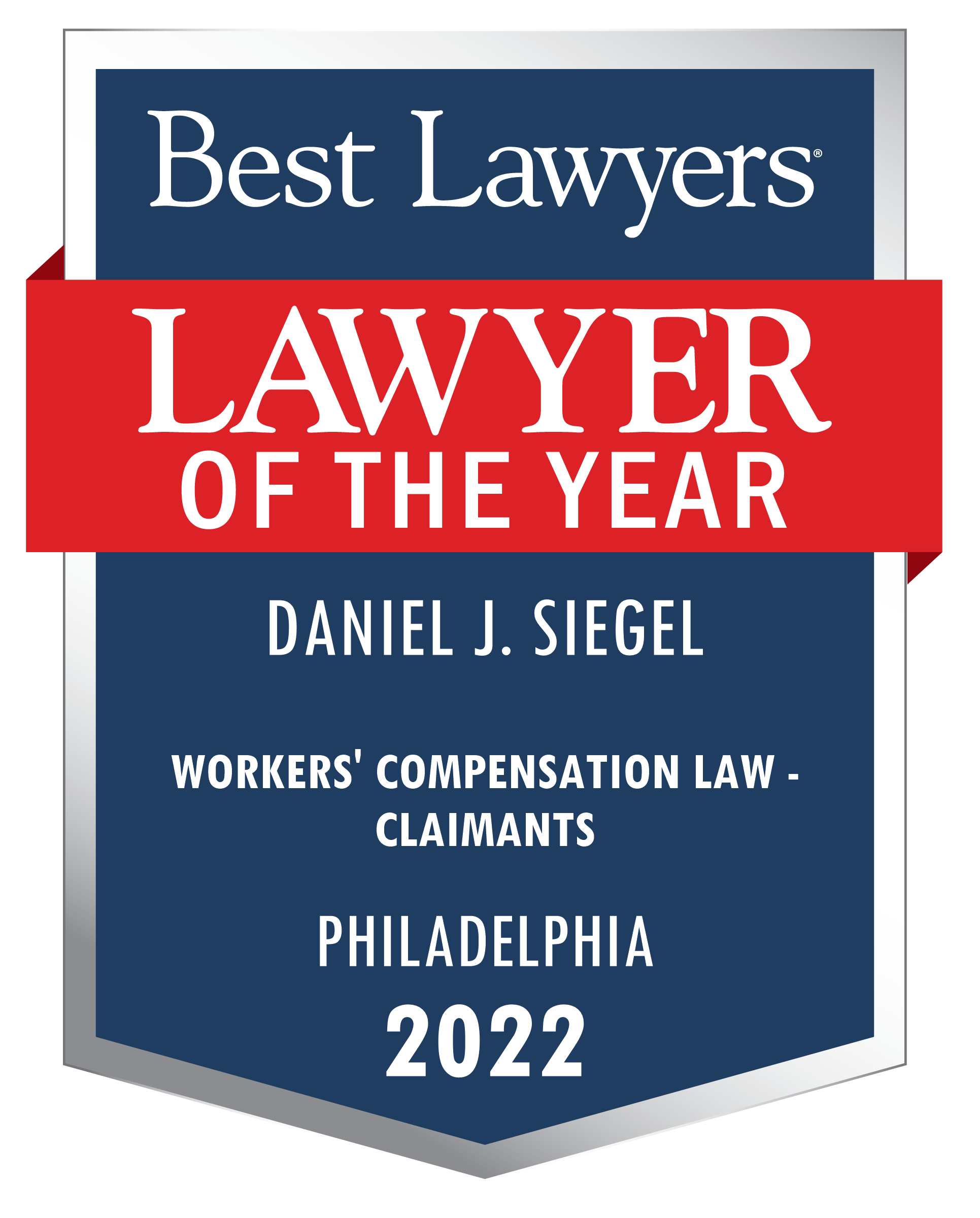Why Teamwork Matters
We practice law as a team, not as individuals who just “do their own thing” and reject the input of our colleagues. Doing so allows us to spot “holes” in arguments, improve the focus of whatever point we are trying to make, and – most importantly – win cases and get the best results for our clients. And many of our clients are other attorneys who seek our advice or hire us to handle their appeals.
But not all lawyers subscribe to this belief – to them, ego matters more – they need all the credit.
Consider this scenario. I agreed to collaborate on an amicus (friend of the court) brief for a lawyers group about a legal issue where I had previously drafted an amicus brief that contributed to what was called the most important Pennsylvania Supreme Court decision in over 30 years. But like any landmark case, the decision needed some fine interpretations and cases are pending in various appellate courts.
I agreed to collaborate on amicus briefs in both the Supreme Court and the Commonwealth Court, both coincidentally due last week. My collaborator was an attorney with whom I had not worked. He provided me with drafts of the briefs. The briefs contained some excellent arguments, but were turgid, one exceeded the word limit, and both were begging for improvement. So I decided to do so.
One brief was 3,000 words too long, and the lawyer framed the legal issue as:
Whether Protz v. WCAB (Derry Area School District), 161 A.3d 827 (Pa. 2017) (Protz II) is to be applied retroactively to the date on which Claimant’s 500 weeks of partial disability benefits elapsed because the modification from total to partial was based on an Impairment Rating Evaluation (IRE) conducted under statutes since held unconstitutional. Failure to give Protz II full retroactivity violates the Remedies Clause of the Pennsylvania Constitution.
I revised the issue to read:
In Protz v. WCAB (Derry Area School District), 161 A.3d 827 (Pa. 2017) (Protz II), the Pennsylvania Supreme Court invalidated the Impairment Rating Evaluation provisions of the Workers’ Compensation Act. Because all IREs were deemed void ab initio, does Protz II apply retroactively to the date on which a Claimant’s 500 weeks of partial disability benefits elapsed because any other modification would violate the Remedies Clause of the Pennsylvania Constitution.
I also added multiple introductory sections, and cut the brief down to the proper word limit. My “collaborator’s” reply was: “Your rewriting of my brief is great. … How did you do that so quickly?” He still filed his draft as written.
The Court rejected the brief my “collaborator” filed as too long. He received permission to file a shorter brief. Did he file my “great” version? No. He cut his dense document by 3,000 words and ignored me.
As for the Pa. Supreme Court brief, I revised his draft to make it more persuasive and reader-friendly. His reply: He attacked me viciously in email. Other attorneys who read it said it was “great” or “perfect.”
My guess is that when the Pa. Supreme Court rules, it will cite our amicus brief, as it regularly does. In fact, one Supreme Court Justice has publicly commented about the quality of my briefs, using compliments that made me speechless.
My “collaborator” is an excellent lawyer by all accounts. He just does not like collaborating, and seems to fit into the subject of Robert Sutton’s great book. But for our office, and our clients, and all the other injured persons we help by writing amicus briefs, we will continue to collaborate. After all, our goal is results!







